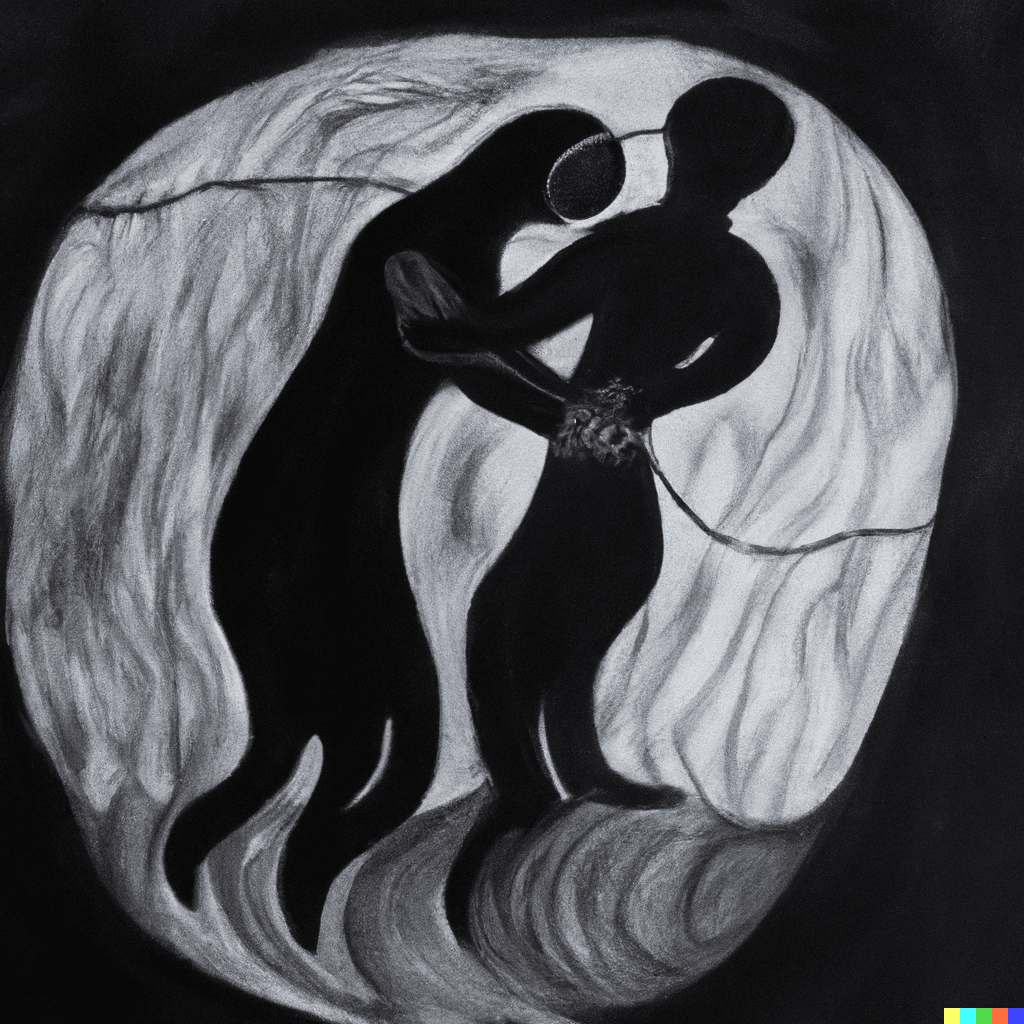Escaping the Savior Complex
A. Definition of the Savior Complex
The savior complex, often referred to as the "white knight" syndrome, is a psychological pattern where individuals feel an overwhelming need to save, rescue, or fix others. They believe it's their duty to swoop in and provide solutions, even when not asked for. While this may seem like a noble inclination, it can lead to toxic dynamics in relationships.
B. Importance of Recognizing and Escaping the Saviour Complex in Relationships
Recognizing the savior complex is the first step in fostering healthy relationships. It's essential to understand that this complex often stems from unresolved issues and can manifest as an attempt to gain a sense of control. Escaping this pattern is crucial for one's well-being and the quality of relationships they build.
Identifying the Signs of a Savior Complex
A. What is a Savior Complex?
A savior complex is rooted in the belief that one can, and should, save others from their problems, pain, or suffering. Those with this complex often feel an insatiable need to be the hero in every situation, which can lead to unhealthy relationship dynamics.
B. Some Common Signs of a Savior Complex
1. Constant Need to Fix or Rescue Others
Individuals with a savior complex feel compelled to rescue people from their troubles, even when it's not requested. This compulsion can strain relationships as it may be perceived as intrusive.
2. Difficulty Setting Boundaries
Setting boundaries is often a struggle for those with a savior complex. They may have a tendency to overstep others' boundaries, believing they know what's best.
3. Feeling Responsible for Others' Happiness and Well-Being
Individuals with this complex often carry the weight of responsibility for others' happiness and well-being. They feel guilty if they cannot "fix" everything, even when it's beyond their control.
Understanding the Trauma that Causes a Savior Complex
A. Role of Childhood Experiences
Childhood experiences play a significant role in developing a savior complex. Trauma, neglect, or abandonment during childhood can lead to the belief that one must constantly protect or save others.
B. Types of Trauma that Contribute to the Savior Complex
1. Neglect or Abandonment
Children who experienced neglect or abandonment may develop a savior complex as a response to their early emotional needs not being met.
2. Childhood Abuse or Trauma
Abuse during childhood can instill a strong desire to protect others from similar suffering.
3. Caretaker Role Reversal
In some cases, children are forced into caretaker roles for their parents or siblings, fostering a savior complex. AI assisted therapy with Dahlia can inform you of such complexes so that you can better take care of your people.
Recognizing Other Signs of a Toxic Relationship
1. Manipulation and Control
Toxic relationships often involve manipulation and control, with one partner trying to assert dominance.
2. Lack of Respect and Trust
Respect and trust are essential in healthy relationships. A lack of these elements can be a sign of toxicity.
3. Emotional or Physical Abuse
Any form of abuse, whether emotional or physical, is a clear indication of a toxic relationship.
Identifying Signs of a Healthy Relationship
1. Mutual Respect and Support
Healthy relationships are built on mutual respect and support. Partners should uplift and encourage each other.
2. Healthy Communication and Conflict Resolution
Effective communication and conflict resolution are key in maintaining a healthy relationship.
3. Individual Autonomy and Independence
In a healthy relationship, individuals maintain their independence while sharing their lives. Each partner should have the space to pursue their individual goals and interests.
Simple Tips to Escape the Saviour Complex
Self-Reflection and Awareness
The first step in escaping the saviour complex is self-reflection and self-awareness. Acknowledging the pattern is essential for change.
Establishing Boundaries and Practicing Self-Care
Setting boundaries is crucial. Learning to say "no" when necessary and prioritizing self-care helps break the pattern.
Seeking Professional Help if Needed
Therapy or counseling can be invaluable in addressing the saviour complex and its underlying causes.
Surrounding Oneself with Healthy Relationships and Support Systems
Building healthy relationships and surrounding oneself with a support system is vital for breaking free from the saviour complex.
If you're wondering where you can find people to chat, meet, date and also know them better on these fundamental subjects, you can only find such people on Dahlia - a matchmaking and social wellness platform for better relationships.
Conclusion
Recognizing and escaping the saviour complex is the first sign of a healthy relationship. It's a journey of self-discovery and healing that can lead to more fulfilling and balanced connections with others. Prioritizing one's well-being is not selfish but essential for fostering healthy and loving relationships.
Author

Anurag Gulati
Anurag is a filmmaker turned farmer turned entrepreneur. Originally from Faridabad, Haryana, he loves to read and write on the subjects of relationships, free will, faith, and similar 'delusions' that collectively make us human.
Having written and directed several films before, and then working with farmers in revolutionizing their supply chain, Anurag has now landed on his latest venture called Dahlia, a new-age matchmaking app that uses games to foster purposeful intimacy. His deep knowledge of human relationships coupled with scientific research has helped hundreds of individuals navigate the landscape of modern romance with authenticity and confidence.

